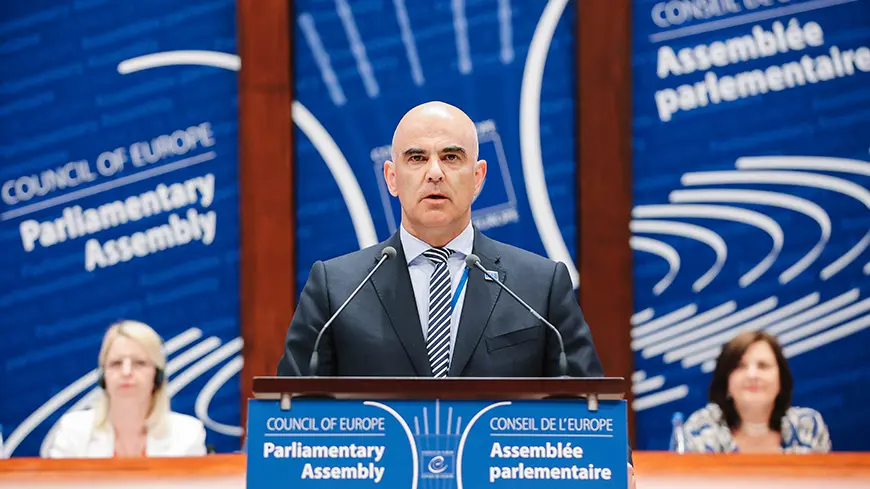As of 5 October 2024, 512 public tenders submitted by Germany to the EU in the nine first months of the year were accepted and published by the EU Tenders Transparency Portal despite their egregiously discriminatory nature.
Their peculiarity was that they contained a “Bidder’s declaration of protection” against a specific religious group to be mandatorily filled in and signed on a “form 2496” for the bidding to be valid.
One of the 512 tenders concerned “advanced services in preparation for the construction of the future excavation pit shoring for the new center at the Nuremberg Clinic” (Ref. 598098-2024). Another one is about the “supply of electrical energy for Neue Materialien Bayreuth GmbH in 2025 and 2026” (Ref. 637171-2024). One can wonder what the religious affiliation of the bidders has to do with the EU tenders and why the EU endorses this criterion of exclusion for access to EU tenders instead of rejecting the questionable German applications.
About the magnitude of the issue: over 3173 cases
This systemic segregation violating for 10 years the Directive 2014/24/EU of 16 February 2014 and its magnitude are however well-known as the information about contracts above 140,000 EUR must be and is public.
Statistics about tenders from 2014 to 2024 : 81 in 2014, 156 in 2015, 173 in 2016, 163 in 2017, 215 in 2018, 284 in 2019 294 in 2020, 370 in 2021, 432 in 2022, 493 in 2023 and 512 in 2024. Total: 3173.
These facts and figures were presented at the OSCE Warsaw Human Dimension Conference on 7 October 2024 and uploaded on their website.
The Directive on public procurement provides in its first paragraph that “The award of public contracts by or on behalf of Member States’ authorities has to comply with the principles of the Treaty on the Functioning of the European Union (TFEU), and in particular (…) equal treatment, non-discrimination, mutual recognition, proportionality and transparency.”
The imposition of faith-related requirements in public tenders is a serious violation of the European Charter on Human Rights and the European Convention on Human Rights. Such a provision should be removed from the EU tenders without delay or the German submissions should be rejected.
The religious community targeted by Germany in this segregation case is the Church of Scientology which is recognized as a religious or belief community in EU and other countries where such a legal status exists, except in Germany despite quite a number of court decisions.






